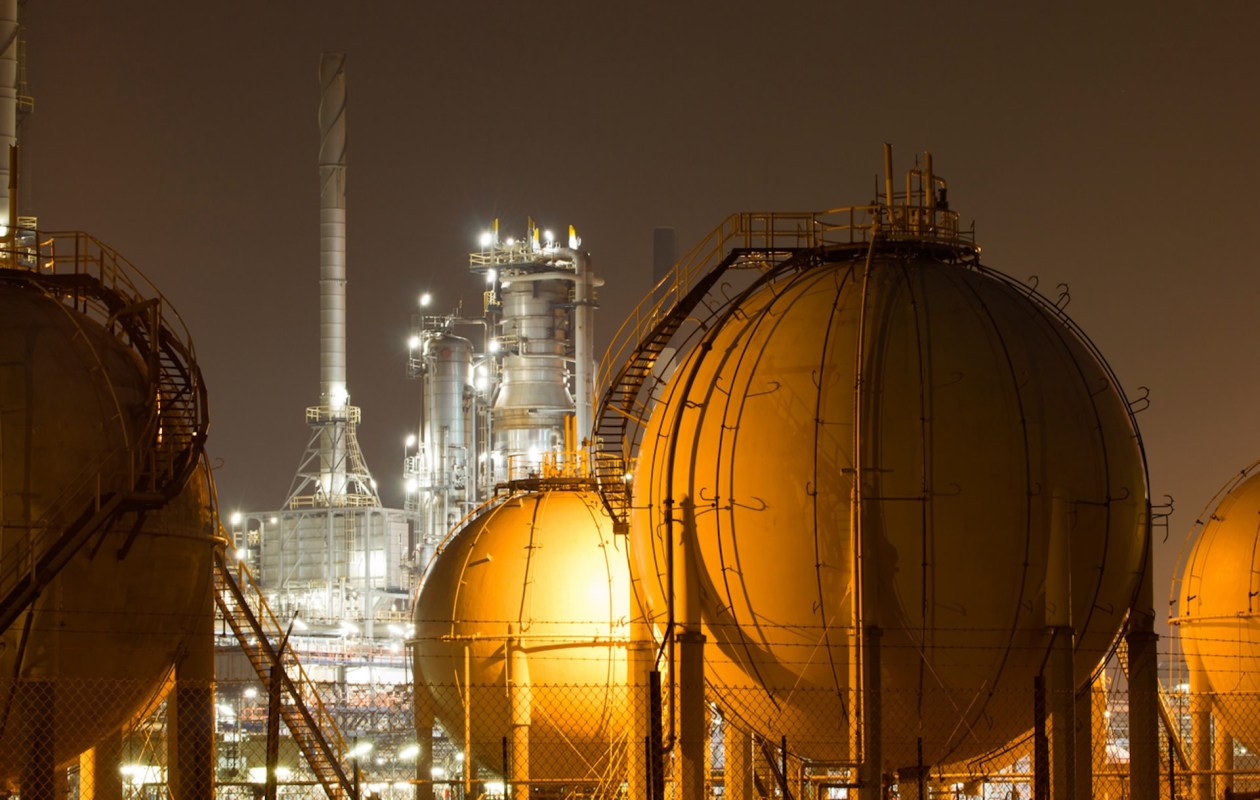The Biden administration recently paused approvals for new liquefied natural gas (LNG) export facilities. In response, 16 states filed a lawsuit against the administration, claiming the move is illegal and detrimental to their economies.
What happened?
In January, the White House temporarily stopped approving permits for new LNG export facilities. The aim was to assess how gas exports affect our climate, the economy, and national security.
As detailed by The New York Times, Louisiana Attorney General Elizabeth B. Murrill, who leads the legal challenge, argues that the pause is illegal and was enacted without following proper regulatory processes. The lawsuit, filed in Louisiana federal court, asks a judge to end the pause.
"I'm not sure the American people feel the pain of this particular decision yet, but it is part of a larger plan by this administration to destroy the fossil fuel industry," Murrill told the outlet.
Why is this gas export pause important?
Natural gas is cleaner than coal, but the process of extracting, transporting, and liquefying it for export is energy-intensive and releases potent gases like methane, according to the U.S. Energy Information Administration.
Methane can leak at any point in the supply chain, contributing to rising global temperatures. Expanding LNG export capacity could lock in decades of additional pollution, making it harder to meet crucial climate goals.
The gas industry and some lawmakers, including Democratic senators John Fetterman and Bob Casey of Pennsylvania, oppose the pause, according to the Times. Murrill cited economic concerns and potential long-term consequences for gas supplies to Europe.
However, North America is still on track to nearly double export capacity by 2027 due to already-permitted projects. Environmentalists argue that any further expansion would exacerbate the overheating of our planet, which has led to an increase in devastating extreme weather events.
What is being done to address this issue?
The White House is studying the climate, economic, and security implications of LNG exports. Senior climate adviser John Podesta called this a "prudent" measure, as reported by the Times.
Environmentalists had protested the expansion of LNG exports for months, per the outlet, arguing that new gas facilities would worsen climate issues. President Biden acknowledged this in January, calling rising global temperatures "the existential threat of our time."
While the lawsuit plays out, individuals can reduce harmful pollution by relaxing their reliance on natural gas, improving home energy efficiency, and supporting clean energy policies. Every small action counts.
Join our free newsletter for cool news and actionable info that makes it easy to help yourself while helping the planet.









